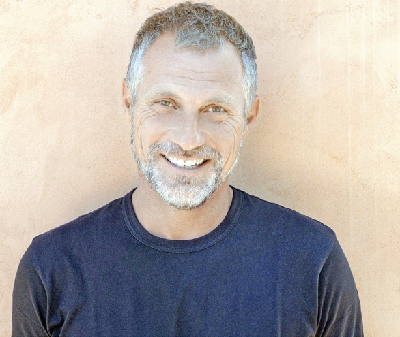For self-taught photographer, Leonardo Pucci, who is all set to present his first exhibition ‘Episodes (Without a real order)’, believes that the art has a magical side to it. In conversation with #TGLIFE

You have captured intimate moments of strangers, without their knowledge for this exhibition. How did this idea come about?
I have always been fascinated by theatre and years ago I was struck by a performance given by the Italian theatre company Motus. The show underlined the role of a hotel room, which, though lived in for a brief moment, ends up becoming the fragment of an open story.
Since then, the broader idea of an intimate and apparently protected place becoming a possible episode for an emotional narration fascinated me. Gradually I developed the desire to create a vast and complete photographic project around this concept: capturing fragments of real life that provokes a strong story narration, drawing directly from the mind of the observer.
Seeing as the subjects are unaware of being photographed, does this make you feel guilty in any way?
As a photographer I focus on my subject with respect and attention, keeping a neutral distance, a certain detachment. I do not allow myself to be involved; I try to remain a detached observer ready to capture the sensuality of common life moments. Is this a kind of stealing? To answer to this question I use the words of my dear friend, author Siddharth Shanghvi: “Perhaps some photography is not a form of stealing, but a contribution, if not of momentary interest or concern, then of pause. Someone saw. We are not alone.”
But in another way the feeling of ‘guilty’ has a role in my images. It’s linked to how the viewer first reacts in front of them. All my images are totally spontaneous and all subjects are totally unaware of being photographed. That’s why these images induce a vague tension in the spectator: knowing that you are looking at something you shouldn’t be seeing may provoke curiosity, emotion, a feeling of discomfort. But in my shots this turmoil is temporary because the observer’s personal narration takes over immediately with great force. My images are crystallized instants and therefore appear strangely like a canvas that everyone recognizes, adding their own meanings, tales and emotions which go beyond the image.
How did you get into photography?
In the past 30 years, I’ve lived in Florence, Milan, New York and Paris working with leading fashion houses in Europe. This allowed me to nourish an intense aesthetic research on images, but above all to develop an attentive and curious eye, a way of observing the world and reality, constantly searching for a synthesis between the importance of details without losing the beauty of the whole.
I’m a self-taught photographer and I link my first memories of photography to my father, an amateur photographer. In the ‘70s during the many trips I took with my family, my father would record everything with a camera meticulously studying the exposure and shot angles. That black contraption seemed magical to me: he would look into that little window on the top and the box would capture things. Even today photography has a somewhat magical side for me, something surprising, an unexpected narrative which goes beyond technique.
This is your first solo photography exhibition. How does it feel?
It’s an incredible moment in my life! In the same week Episodes (without a real order) opens in Goa (March 24) and in New York (March 21). The United States and India, though so different, are for me two places extremely connected to my personal change. Above all India! Every time I feel an intense desire of India, a sudden urge to come back to this country, it has always coincided with an event that has an important impact on my life.
Do you plan on taking your exhibition to other countries too?
Episodes will be presented in India again at Project 88 Gallery in Mumbai in June and at the Nature Morte Gallery in New Delhi in July. I would also love to show the exhibition in every country where I captured at least one ‘episode’, and I have lots of ‘stolen moments’ besides the ones we decided to show for the first time.